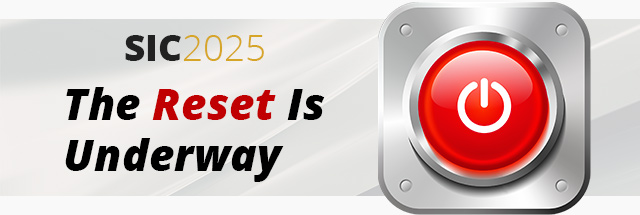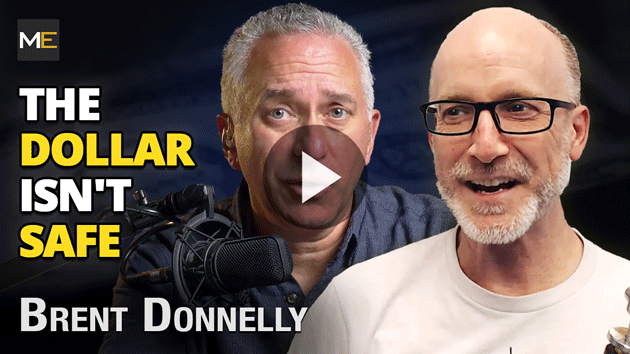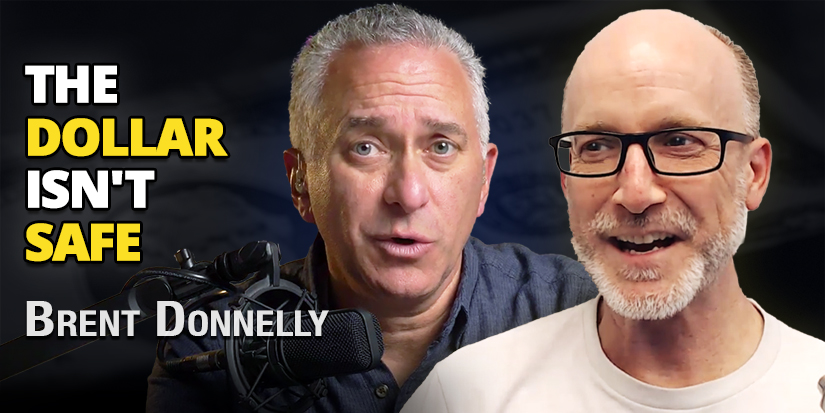A Regime Change Hits Global Trade
-
 Ed D'Agostino
Ed D'Agostino
- |
- April 25, 2025
- |
- Comments
Most investors would agree we’re in a different investment environment than we were a few months ago. One concerning signal has been the simultaneous sell-off of stocks, bonds, and the US dollar.
According to economist and former Bridgewater Chief Investment Strategist Rebecca Patterson, this hasn’t happened for more than a few days since 1977 to 1978. Back then, the sell-off was driven by inflation concerns combined with lack of confidence in the Fed and the administration’s policies.
Sound familiar?
|
If the investment environment is changing, we need to ask, is this temporary? Can we expect global trade patterns to return to normal once the tariff issues have been settled?
I think it unlikely. Whether you agree or not, let’s consider the implications of what our guest this week, Brent Donnelly of Spectra Markets, is calling a regime change.
A regime change affects all investors—but not equally. If you are nimble, you can do quite well or, at a minimum, not get hurt as badly as those who do not recalibrate. Regime changes require new investment strategies. What worked in the past might not deliver the same results moving forward.
Investors in US technology companies have enjoyed outsized returns until this year. The Magnificent Seven stocks have sold off. It’s worth asking why.
|
Trade, policy, and capital flows are shifting at an unprecedented pace. Join the world’s foremost experts for an inside look at what’s next. |
Brent’s answer: When you rebalance a portfolio in a crisis, you sell what went up the most. But will the crisis last?
Brent says there may be no going back to the old order of business:
There's this concept of hysteresis, which is basically scarring. Once an action has been taken, you can remove the action, but then there's still going to be some damage from it. And I think the biggest damage is that trust has kind of been broken.
Click the image below to watch our chat, where we discuss:
-
US dollar and bonds trading like an emerging market
-
How temporary is this market uncertainty?
-
Will the government need to save the bond market?
-
Why manufacturing won’t return to the US
-
Potential career risk of investing in US stocks
A transcript of my interview with Brent is available here.
|
And thank you, Global Macro Update readers, for your support.

Ed D’Agostino
Publisher & COO

 Ed D'Agostino
Ed D'Agostino




